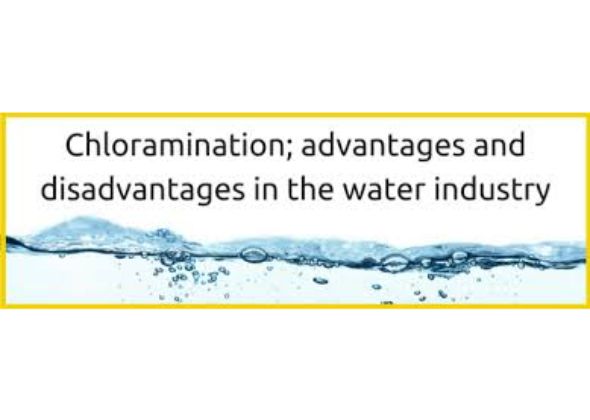01 Oct Arsenic Contamination
Arsenic is commonly associated with deadly toxins since it was a poison of choice throughout history. Arsenic is a metal that naturally occurs in certain rocks formations and soil layers. It is commonly found mixed with gold, copper and silver ores and is released naturally...



